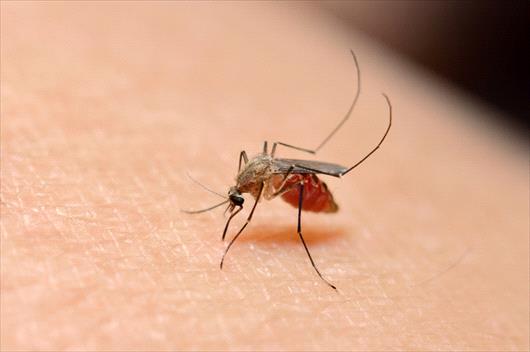Your Cart

What Happens When a Tick Bites?
Mar 21, 2025
If you’ve ever tried to remove a tick, you know how tough it can be to remove it cleanly without the head separating from the body. Why? A tick bites much differently than a mosquito, feeds for far longer, and leaves a very different bite behind, eliciting a different response from our immune system. Let’s take a closer look. Here’s how a tick bites, how your body reacts, and how to protect yourself, your family, and your pets! Whereas a mosquito has a long, needle-like mouthpart that punctures the skin, a tick’s mouthpart is specially designed for burrowing the whole head under skin and holding on tight. With two sets of outturned hooks on its mouthpart, a tick digs and wriggles as deep as it can, and then the hooks keep it anchored while it feeds. If left undisturbed, the tick feeds for 3 to 10 days, doubling or tripling in size, before finally dropping off. Most of the time, a tick bite is entirely painless and might only be detectable if other symptoms start to show up. Some people may experience an allergic reaction to a tick bite, resulting in a rash, blisters, difficulty breathing, or pain and swelling at the site of the bite. Others will experience no symptoms at all. One specific rash, described as an expanding bullseye around the site of a tick bite, indicates more than a simple allergic reaction. Ticks, such as the blacklegged tick, are prominent carriers of Lyme disease, a dangerous tick-borne illness with a wide range of symptoms that can affect both humans and pets. Early Lyme disease may present in humans as fever, chills, headaches, fatigue, joint pain, and a rash, while untreated Lyme disease may worsen months later with more serious conditions, including facial palsy, nerve pain, and heart palpitations. In dogs, Lyme disease may present as fever, loss of appetite, reduced energy, lameness, general discomfort, and joint swelling. Lyme disease can be treated with antibiotics, but it’s crucial to diagnose the illness as early as possible. If you discover a tick on yourself, a family member, or a pet, take careful steps to remove it. If possible, save the tick for testing at your doctor or veterinarian to ensure there has been no exposure to illness. Even if you’ve already contracted Lyme disease, you can be reinfected multiple times, so it’s important to continue to take preventive measures. The best way to prevent tick bites and tick-borne illnesses like Lyme disease is to prevent exposure to the carriers of the disease, especially on your own property! Mosquito Hero’s tick control service aims to eliminate ticks from your property and prevent further tick activity. Our technicians will apply a residual insecticide along property lines, turf and vegetation, and around structures such as dog houses, kennels, sidewalks, pathways, or patios to help protect your household against ticks. How Does a Tick Bite?
How Your Body Reacts
Tick-borne Illness
Expert Tick Control with Mosquito Hero
Find a Mosquito Hero near you, and request a free quote today!
 English (CANADA)
English (CANADA) English (USA)
English (USA)





